Sustainability is going to be a major issue overall
Ashok Jaipuria of Cosmo Films in conversation with Rahul Kumar
15 Jun 2022 | By Rahul Kumar
Rahul Kumar (RK): Good results at the start of the year. PAT up 65% YoY. What is the reason for the numbers? Capital allocation?
Ashok Jaipuria (AJ): Demand, supply and commodity prices always play a role at the bottom line. Commodity pricing has been high. It’s been good. All the players have high profitability. Around 8-10 new lines will come for polyester, and there will be pressure on the margins. Thus, if we stick to our path of value-added and speciality products, it will be good for us.
We hope to produce 60-70% speciality products after the expansion. This is a phenomenon. We will manufacture different kinds of films such as shrink films, technical films, polyethylene terephthalate glycol films and others. We will also manufacture thermal films in-house. Our board has a clear vision of where to go and how to reach there.
RK: How does one deliver ROI in this day and age?
AJ: Cost, value-addition, customers’ satisfaction and higher pricing/margins. Whether it is return on investment (ROI), return on capital employed (ROCE) and return on equity (ROE), it all depends on how you measure the company. At Cosmo Films, we like to measure it as ROCE. How much capital was invested and what the return for stakeholders is? This is our simple formula.
RK: You are planning for a specialised polyester line in FY23 and a BOPP line FY25…
AJ: Yes, we are expanding. We have purchased around 35 acres of land near our Waluj plant. The site will be completed in the next three years. Besides the BOPP and the polyester lines, there will also be a chemicals plant. We have also invested on a CPP line. After 2025, the total production of films at Cosmo will be 3-3.5-lakh tonnes per annum.
RK: How often do you meet with your customers?
AJ: Nowadays, I don’t meet with my customers often, but I am in touch with them. A few of them are with us from day one. I have my own MIS and processes to know what is happening. We do believe in customers’ satisfaction for our own existence.
RK: Any learning from any customer?
AJ: A tough customer teaches you. If you want to learn, then serve tough customers. Some of our customers want us to deliver within five days. The product quality is acceptable at .001% and no more. Some of our customers insisted that we change our manufacturing processes and put cameras on the film production lines. They said they do not have confidence in your quality without the online camera system. They helped us with the ad hoc test. They insisted on 99.4% accuracy of the product. We have learnt a lot from our customers. There is a perpetual learning curve with tough customers.
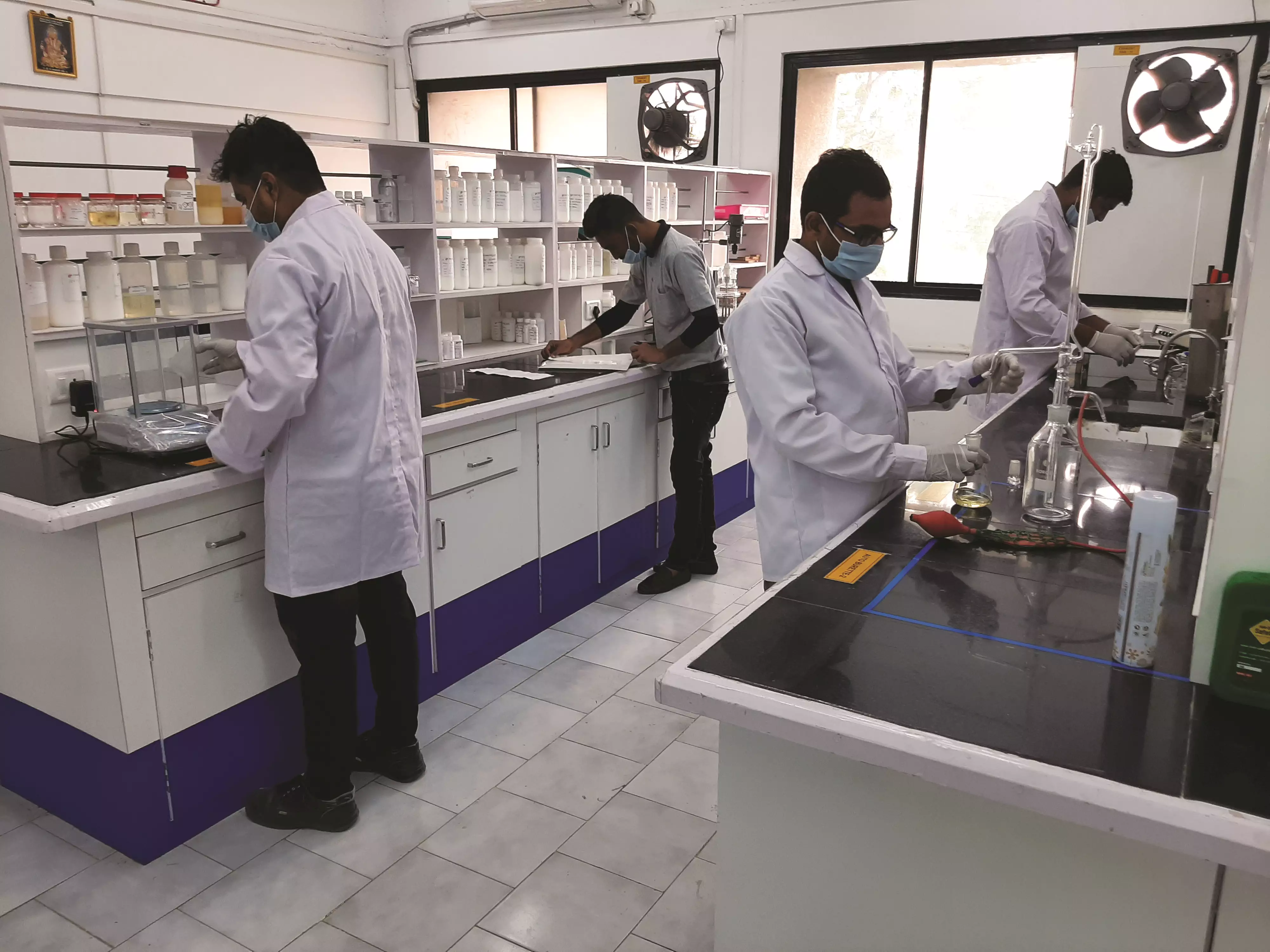
RK: Are brands doing enough? For instance, are global brands investing more in packaging design and materials with long-lasting properties?
AJ: The market is competitive for us, and for our customers as well. For example, there might be thousands of biscuit manufacturers in India, and the retail space is limited. The only way to stand out is the packaging design and colours – packaging the way it looks. The product has to come out with colour, design and attractiveness. These things will draw the customer. The quality of the product will come into the picture only after the first purchase. Now, customers have choices. Bad packaging defames brands and its products. That’s why companies are concerned about their packaging.
RK: What is the update on strengthening sustainability goals?
AJ: We believe in sustainability. The entire world is going for it. People are concerned about the plastic waste and have started using single-layer product packaging, which is recyclable. Only polypropylene qualifies the parameters for single-layer packaging. The CPP line is for the same purpose. Customers ask for a mixture of CPP and BOPP, and not LDP and polypropylene.
Not only in the film business, sustainability is going to be a major issue overall, whether it is water, power, paper or environment. Recycling products is an option, but there are limitations. Biodegradable products are also in the market, but expensive. Indians don’t waste by nature. They use, reuse, and throw.
Mono-layer is the easiest material to recycle and multi-layer is the tough, whether it is printed or not. Removing print is not tough nowadays. Polypropylene has an advantage over polyester because it can be mono-layer.
RK: What is the next big thing to look out for?
AJ: We continue to come up to the expectations of our stakeholders – satisfaction of my customers, more returns for my stakeholders, career growth for the employers, and timely payment of loans to financial institutions. Satisfaction of all the stakeholders is the foremost and ultimate goal. For me, empathy and compassion are more important. Being kind to people, and not being arrogant and selfish – these are things, which are important.
Ashok Jaipuria at a glance
How do you unwind?
By watching a good Hindi movie. I am a Bollywood movie buff. The recent watch was Hungama 2.
One piece of music you love
Old Bollywood songs by Kishore Kumar, Lata Mangeshkar and Mohd Rafi, and other singers, too, especially before the 2000s.
Favourite film
It keeps changing, depending on my mood and interest.
Three books by your bedside
I love fiction and books from American novelists David Baldacci and James Patterson, and UK author Jeffery Archer.
One thing about the packaging you always utter in public forums
Sustainability. I want plastic to be a positive word. We can’t live without plastic. We have to find a way to live with plastic.
Recent packaging innovation that you loved
Any packaging, which is made from recycled material.
One tech-guru (past or present) you want to meet – and why?
All. But unfortunately, I don’t understand technicality much.
Favourite drink and munch
Green coffee and Parle Monaco biscuits.


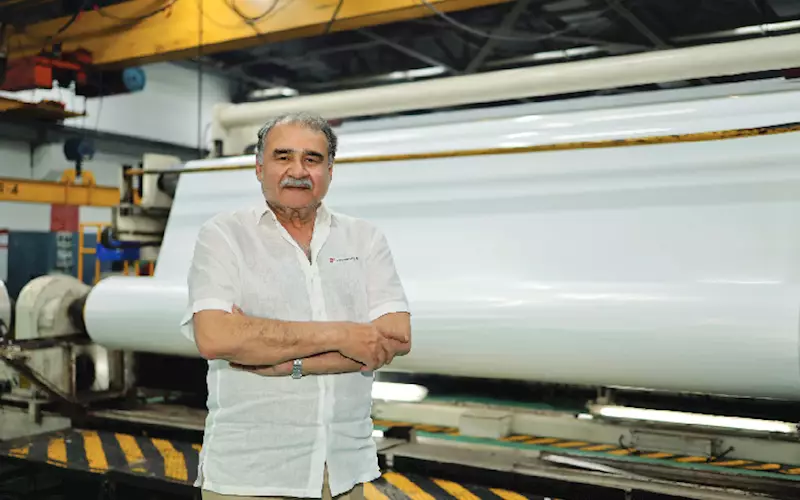
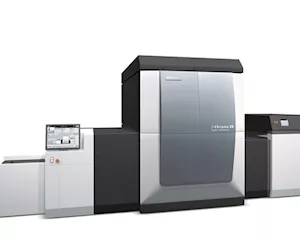
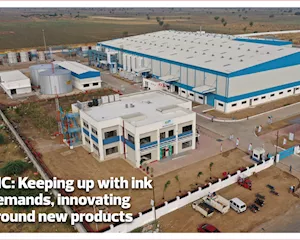
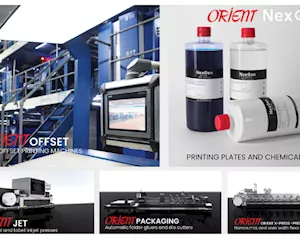
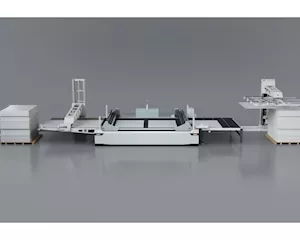
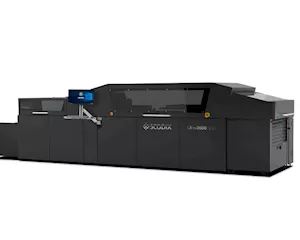






 See All
See All